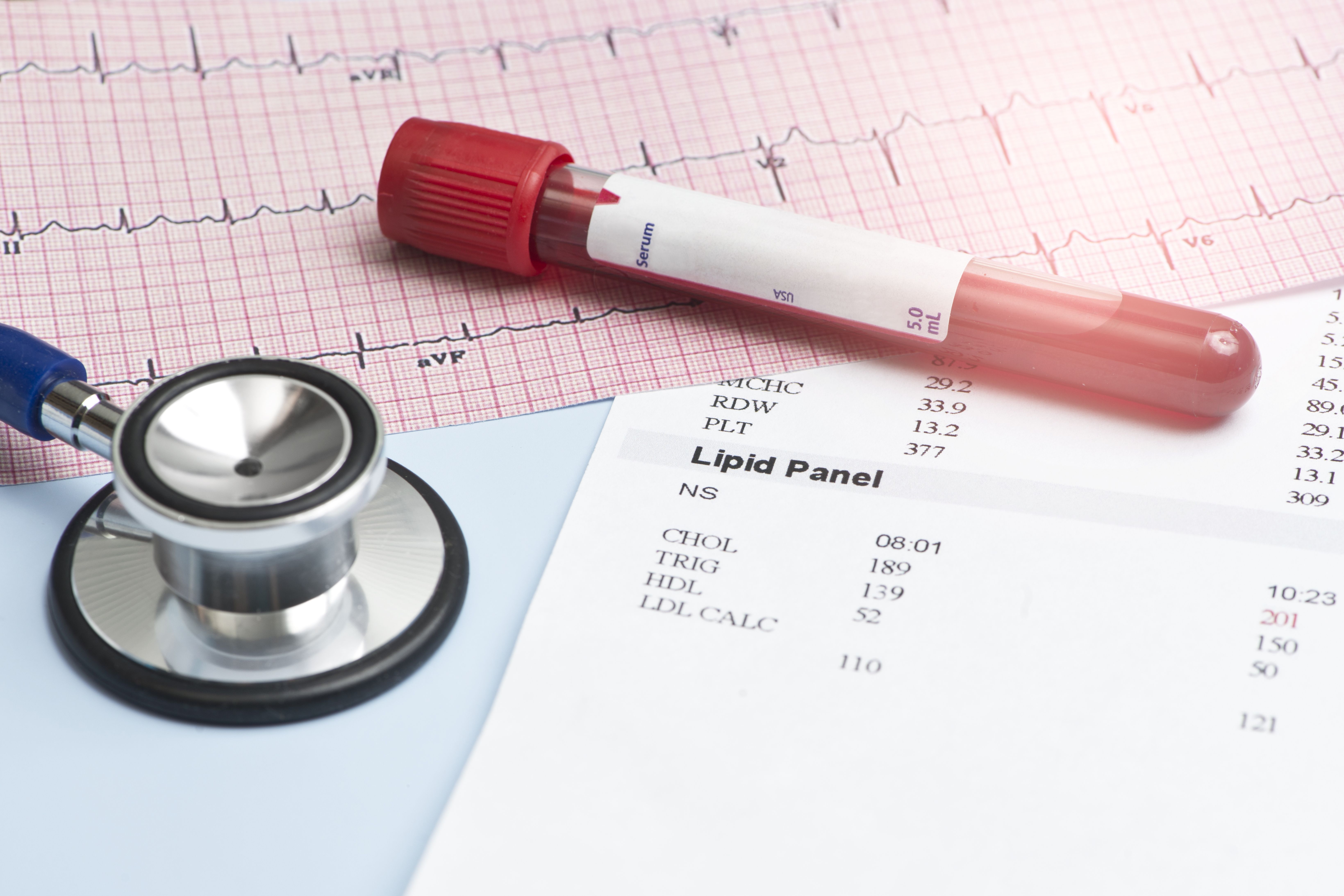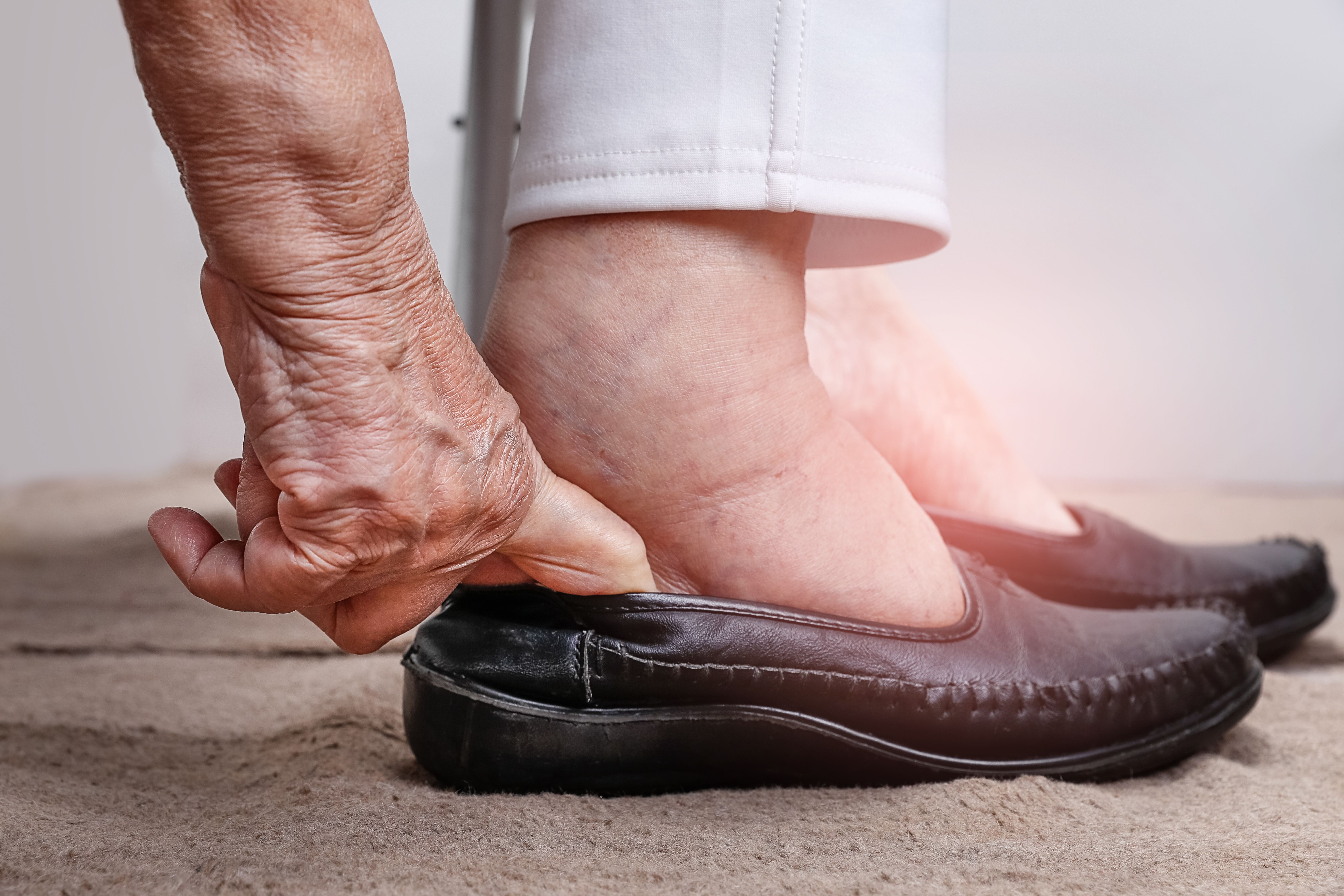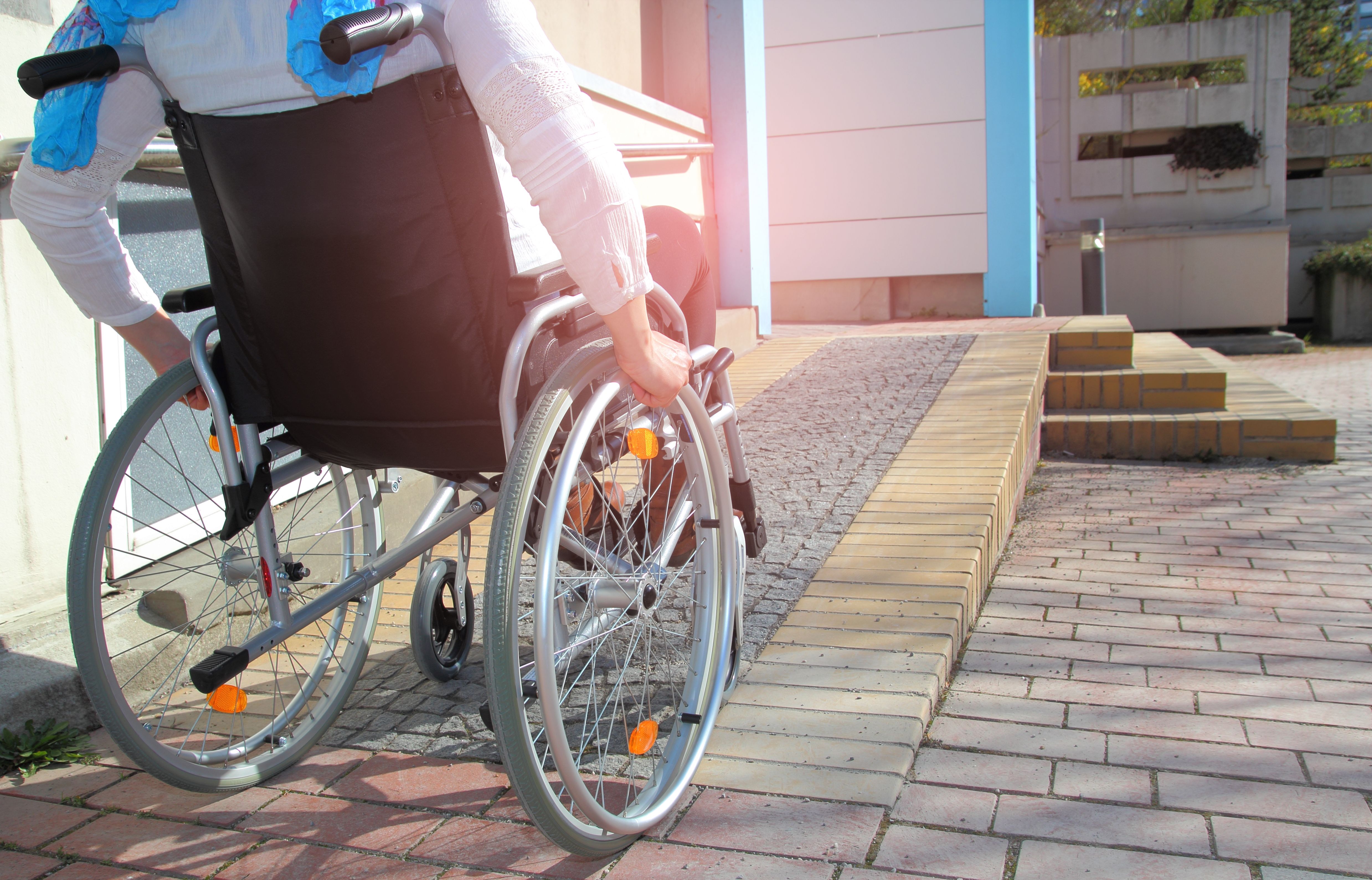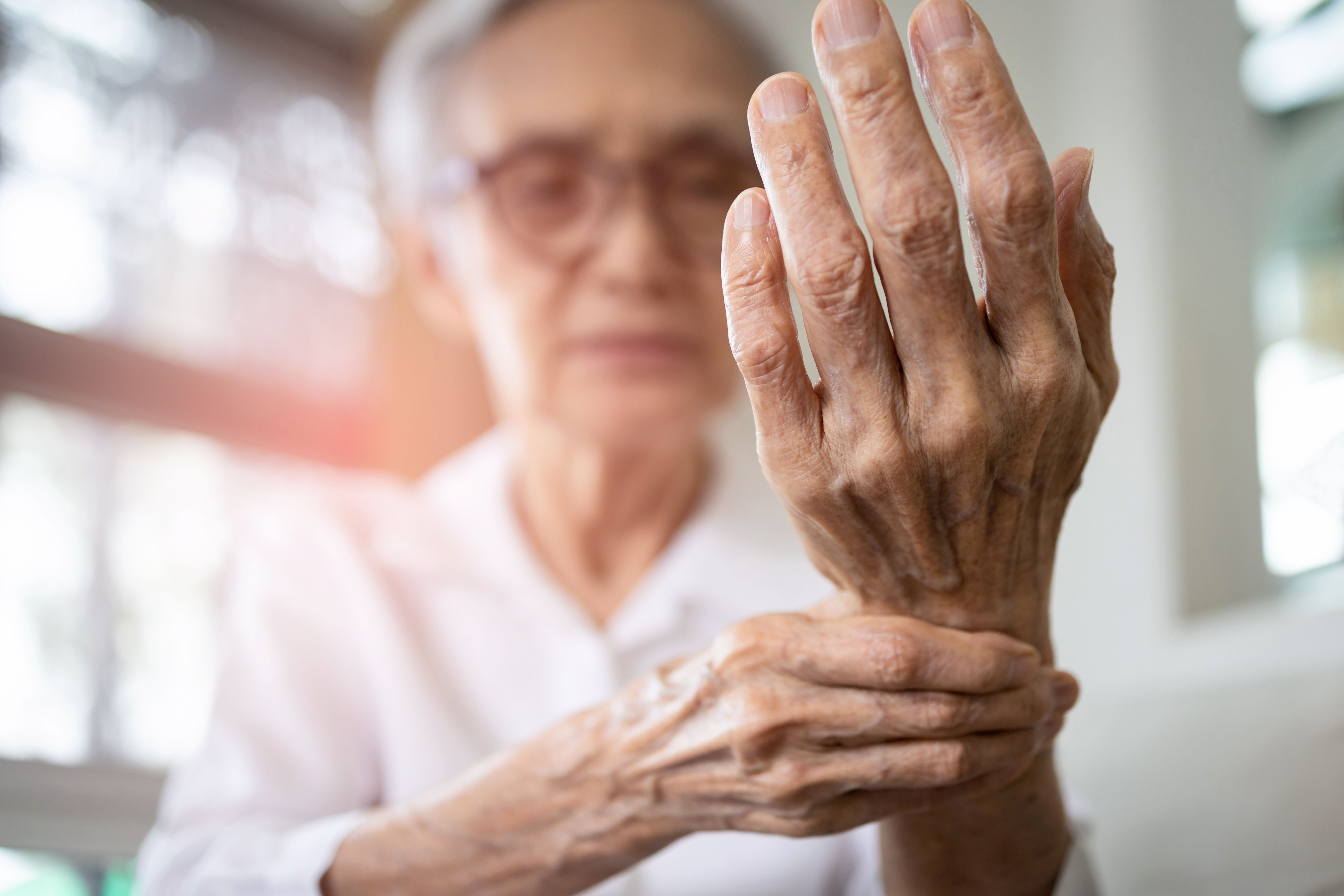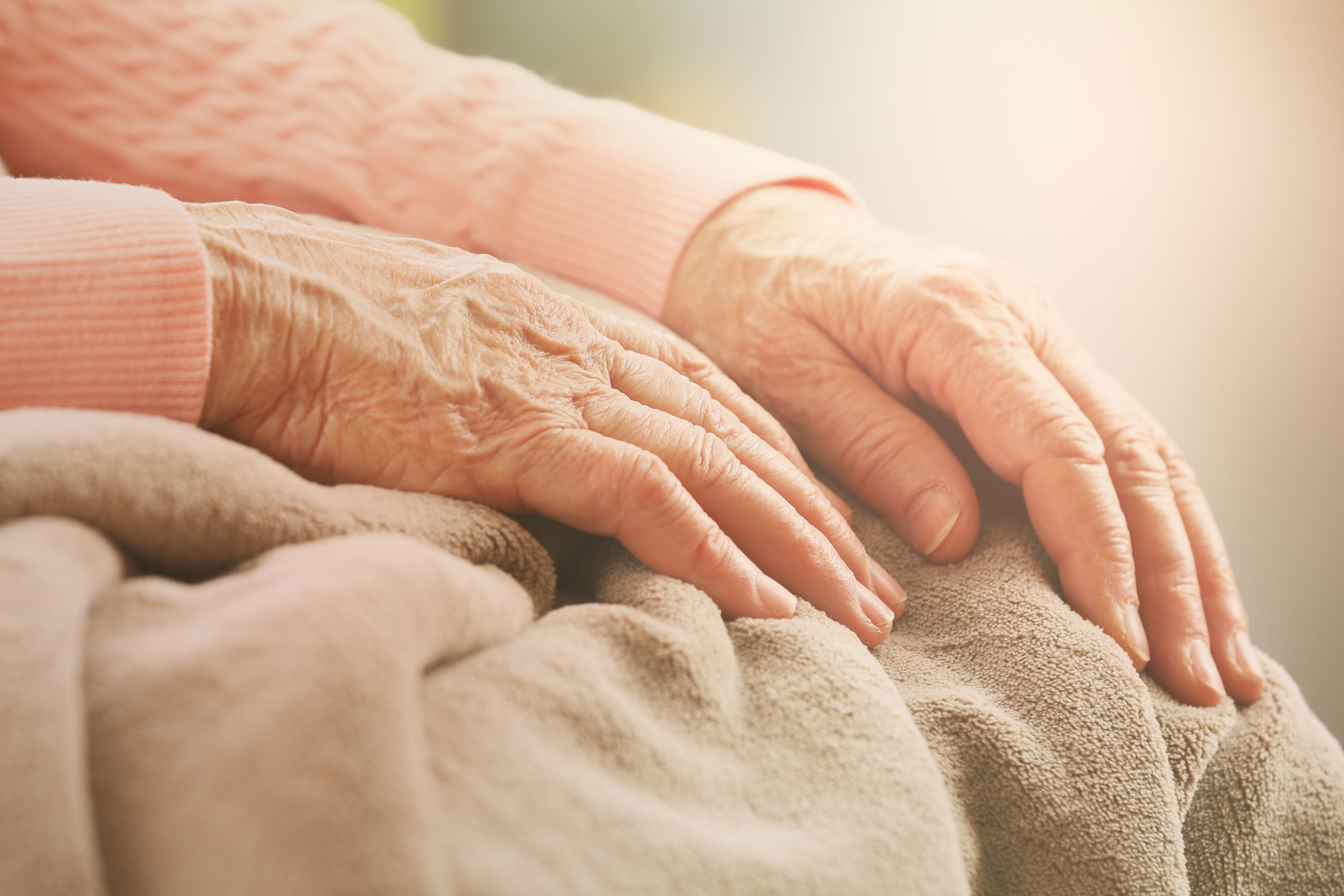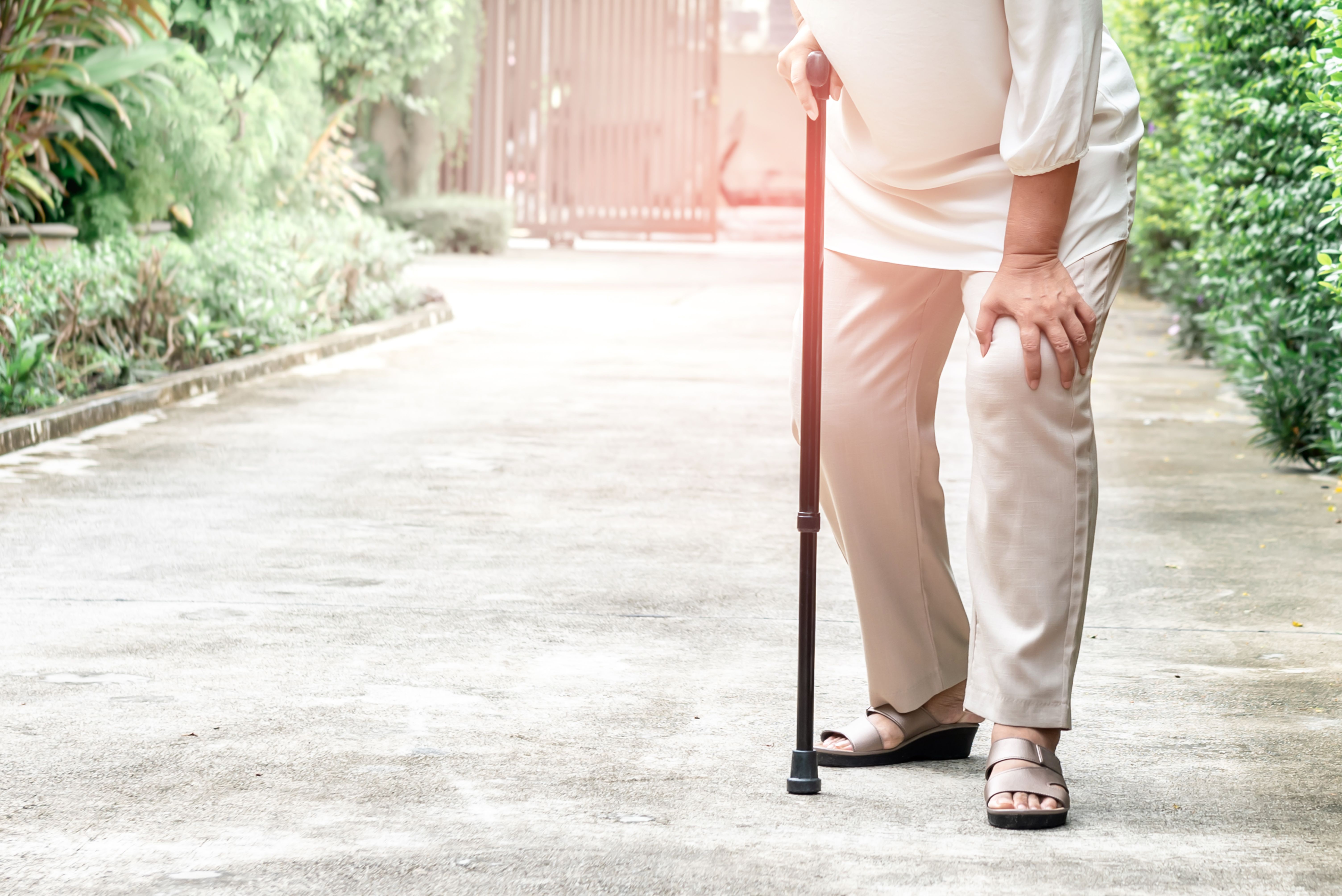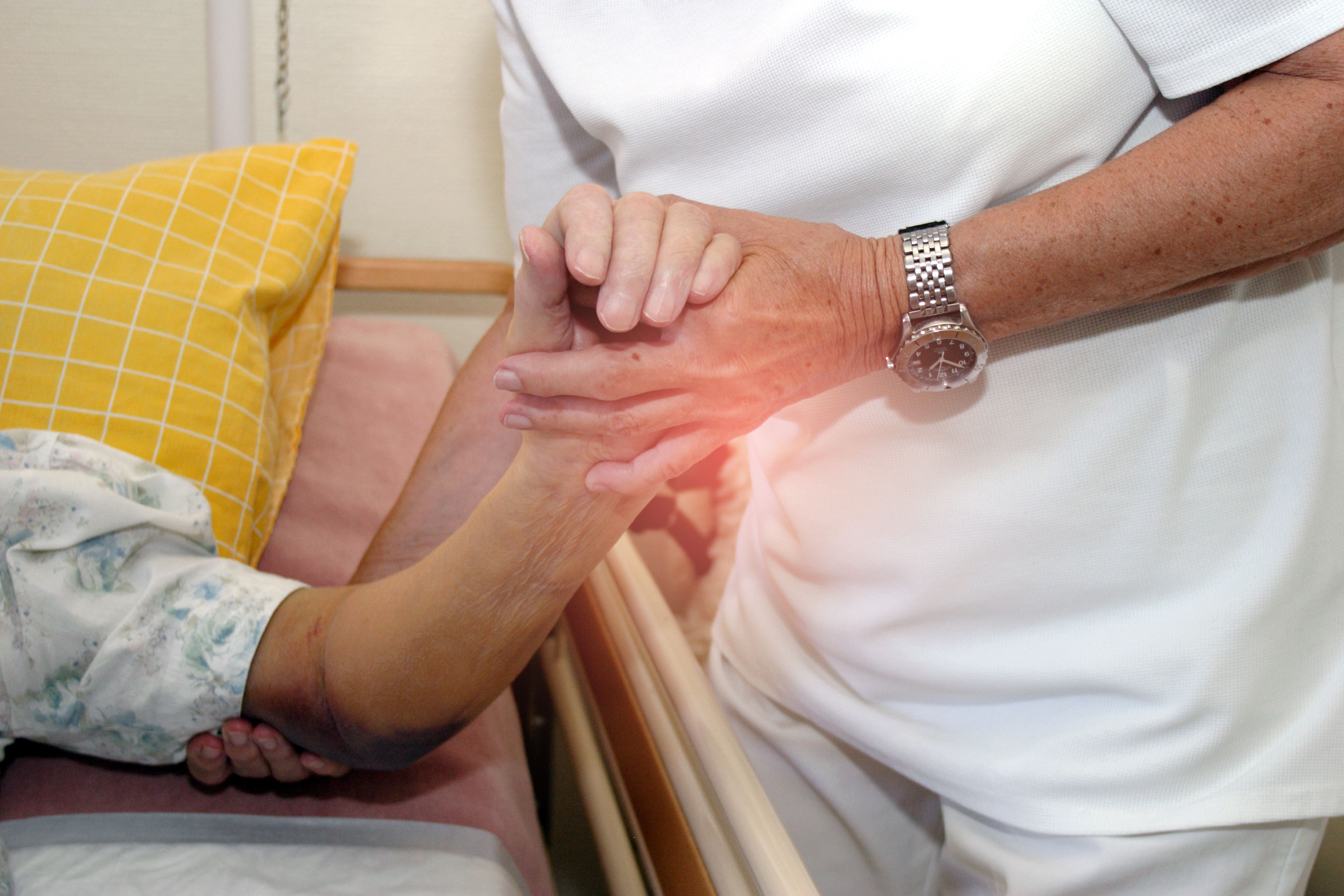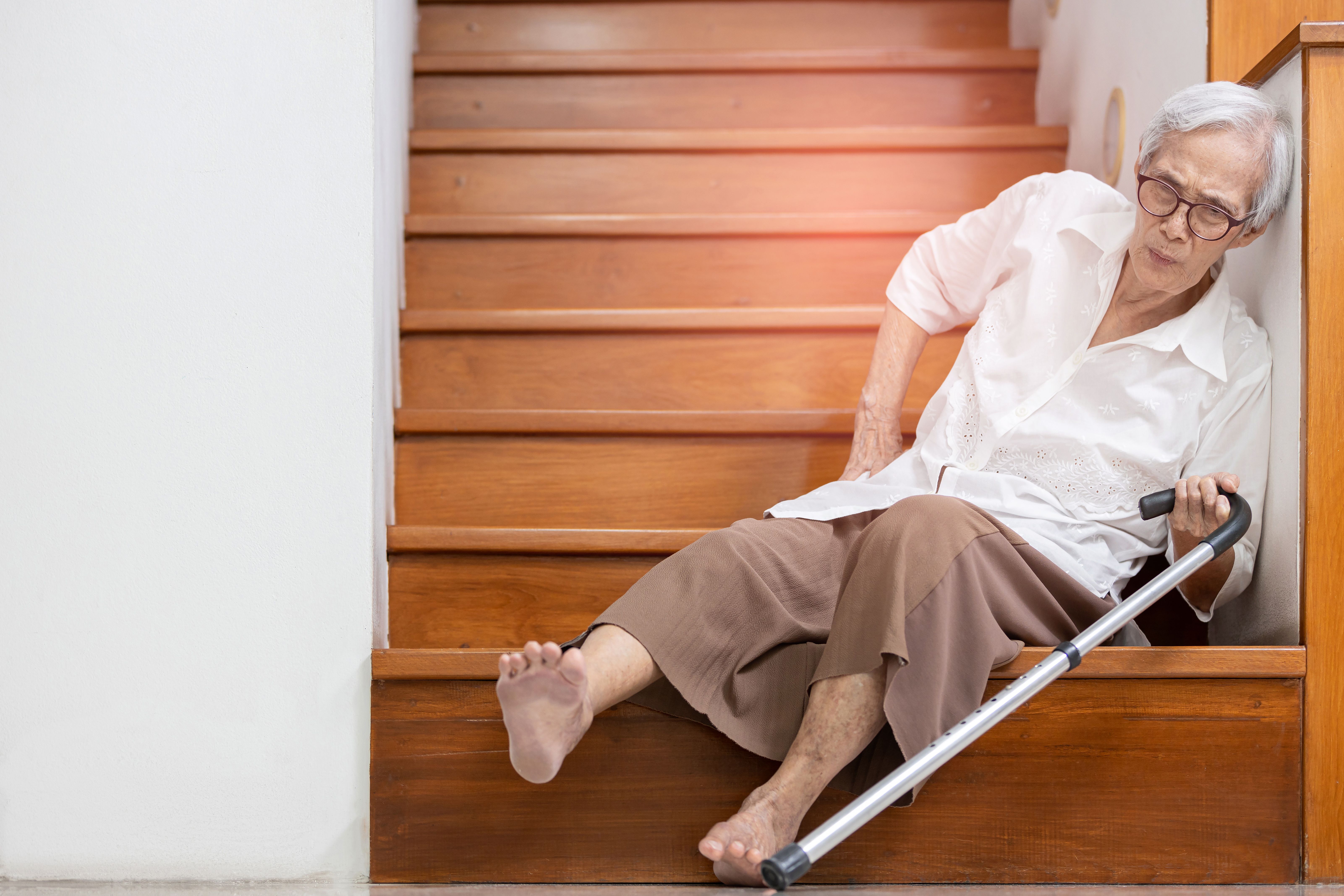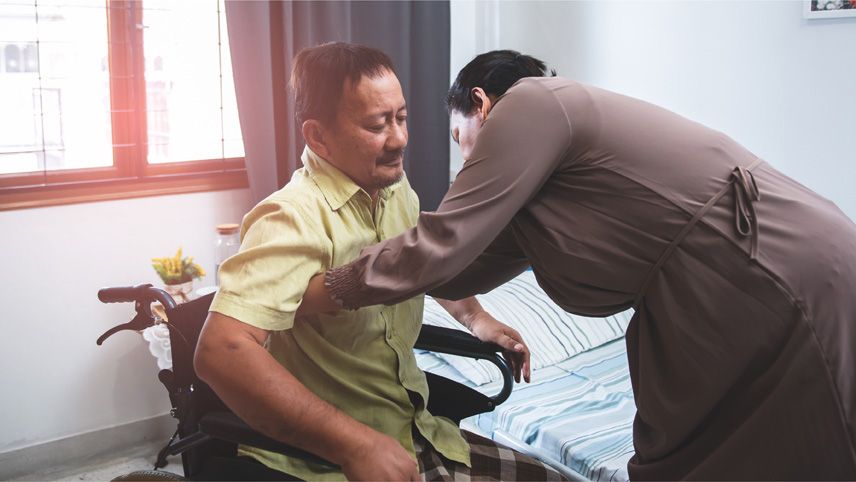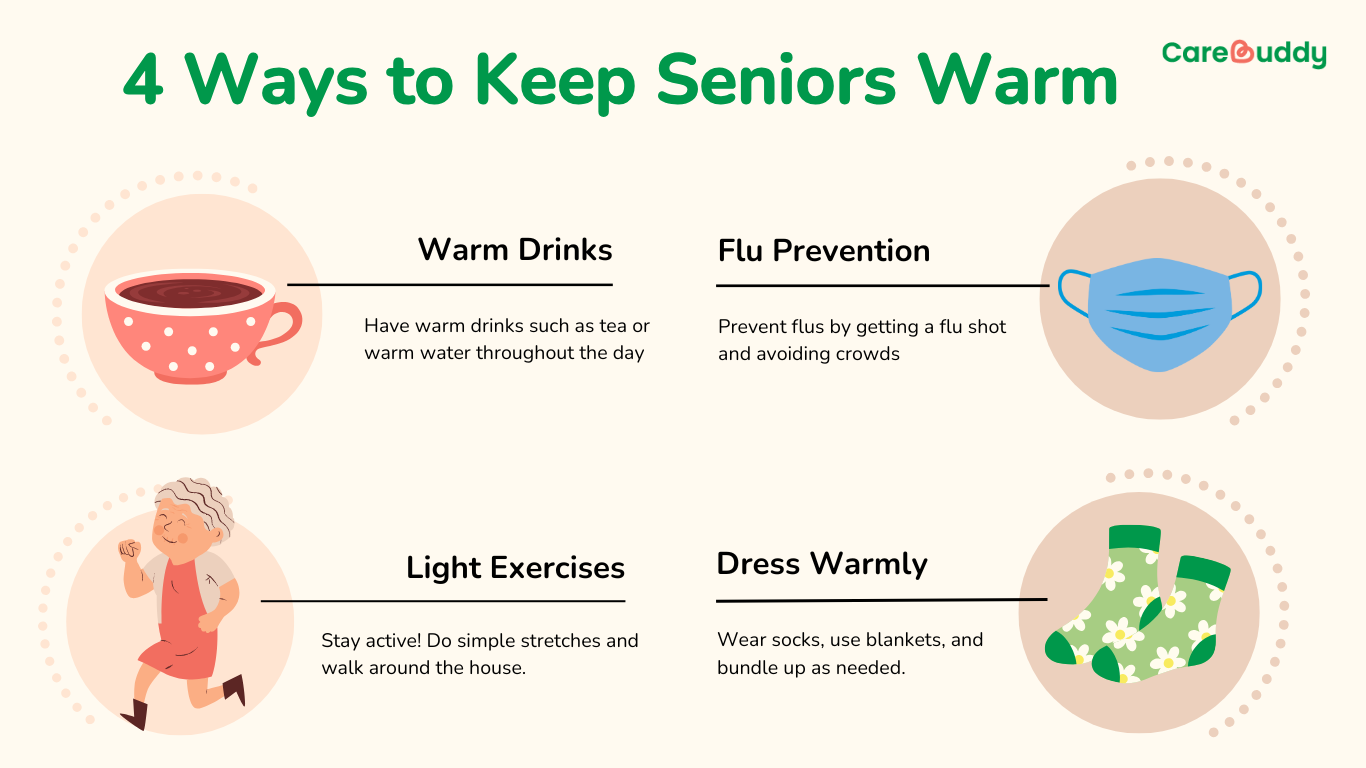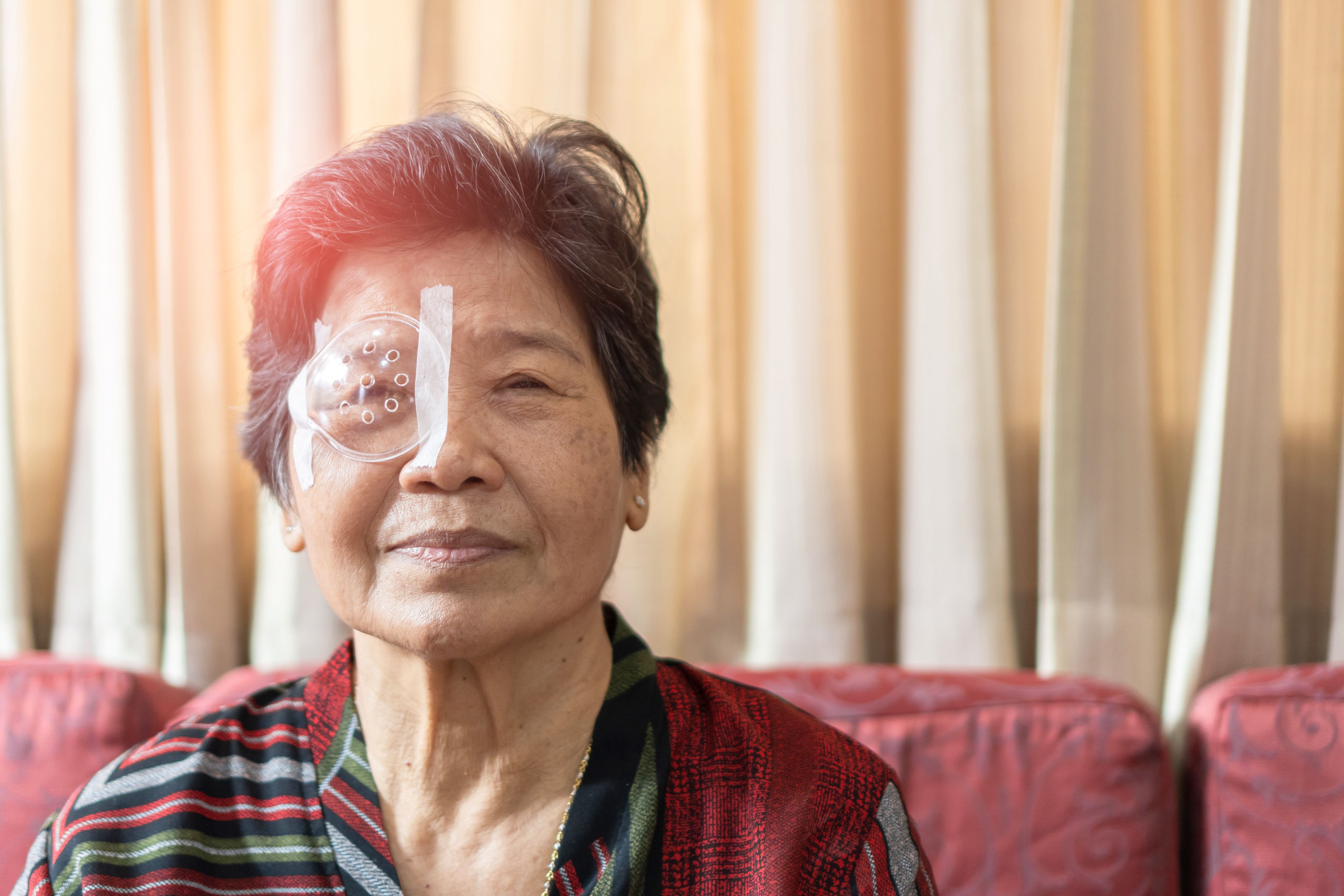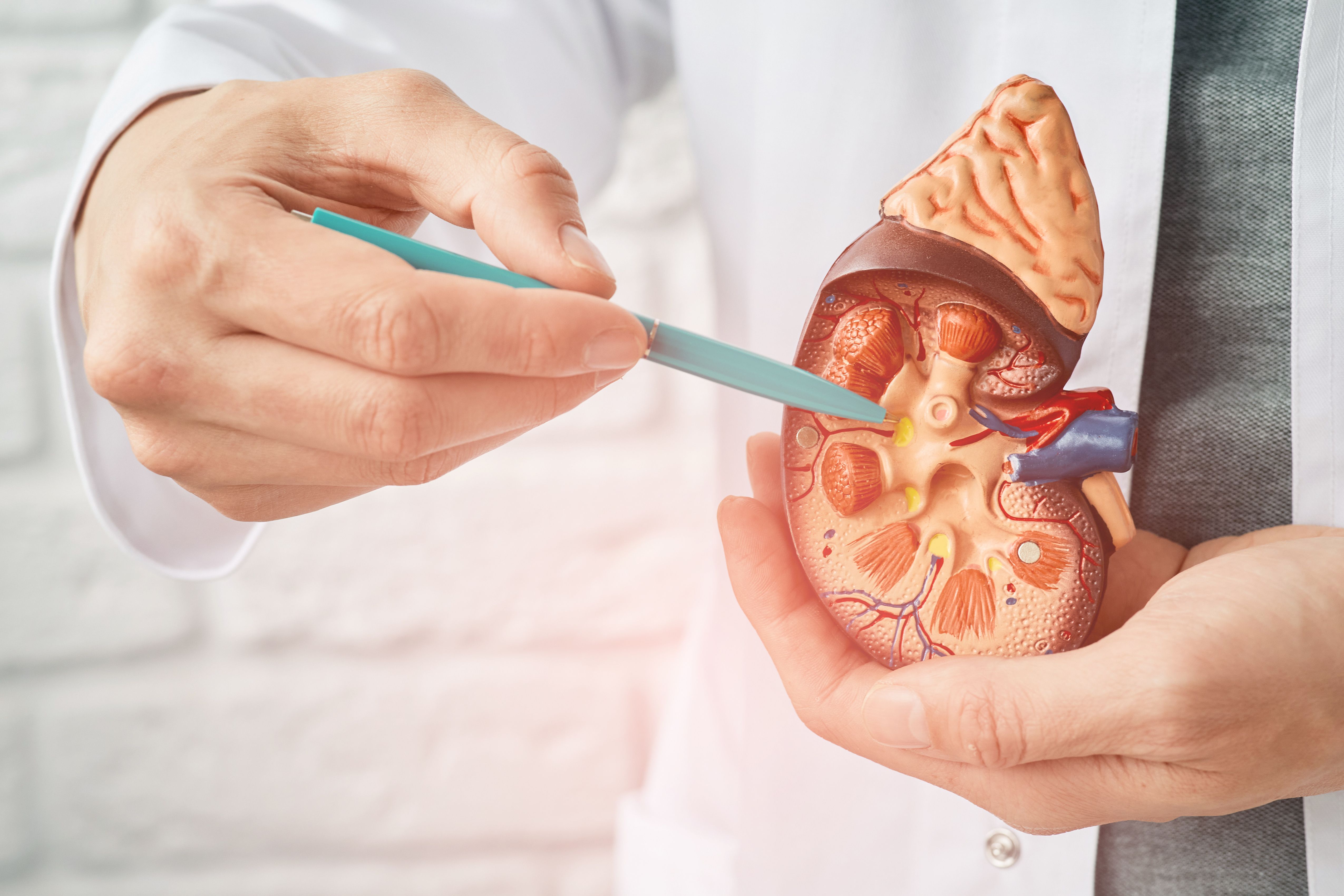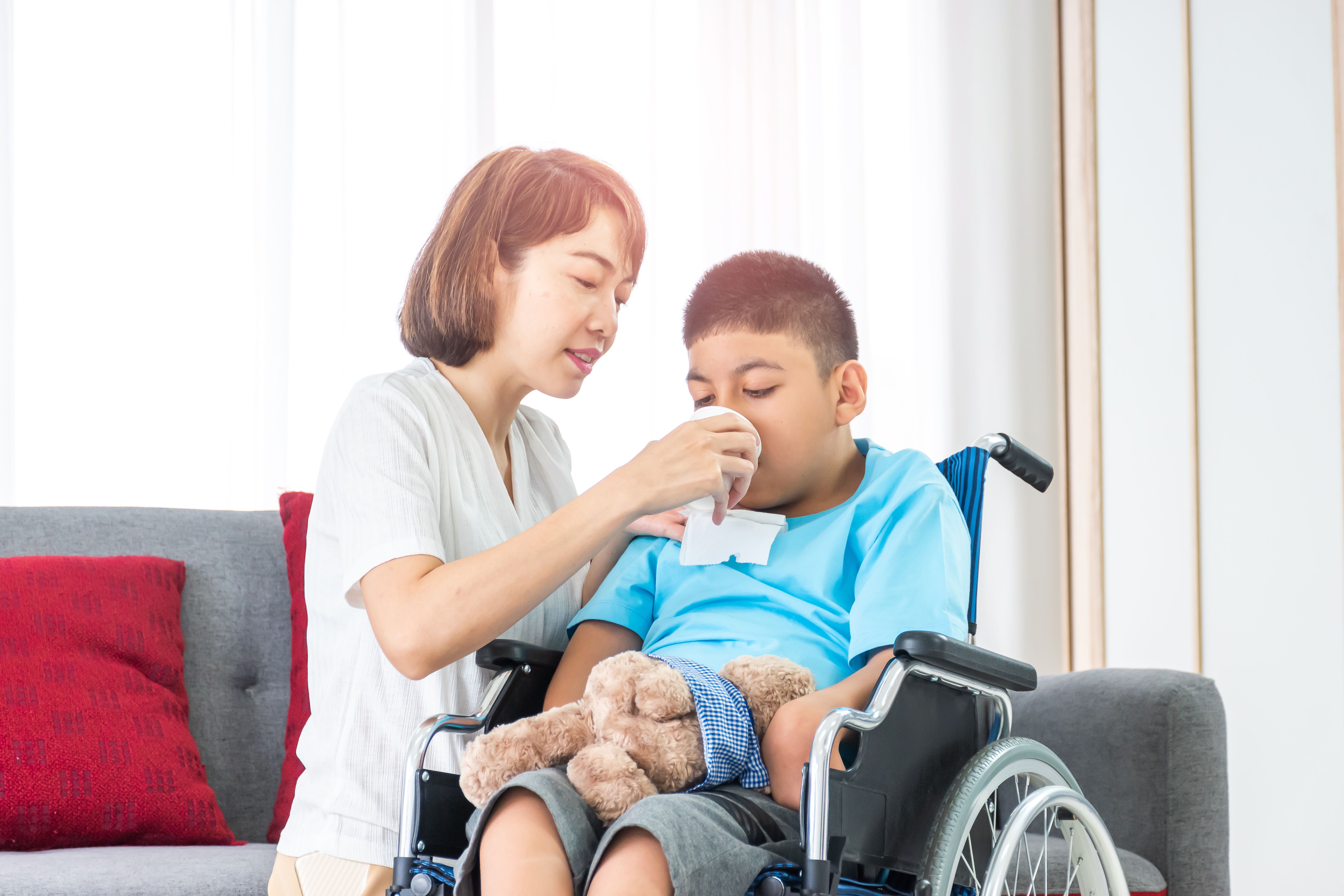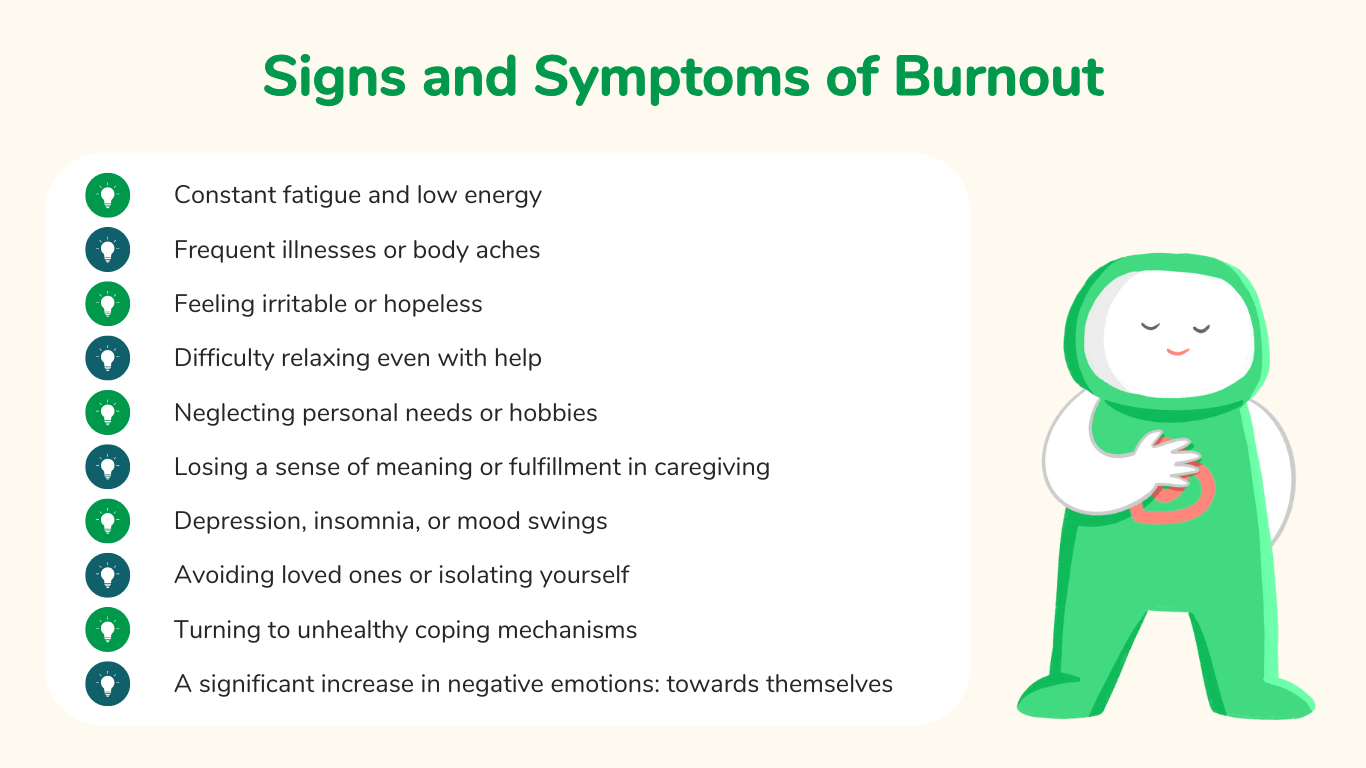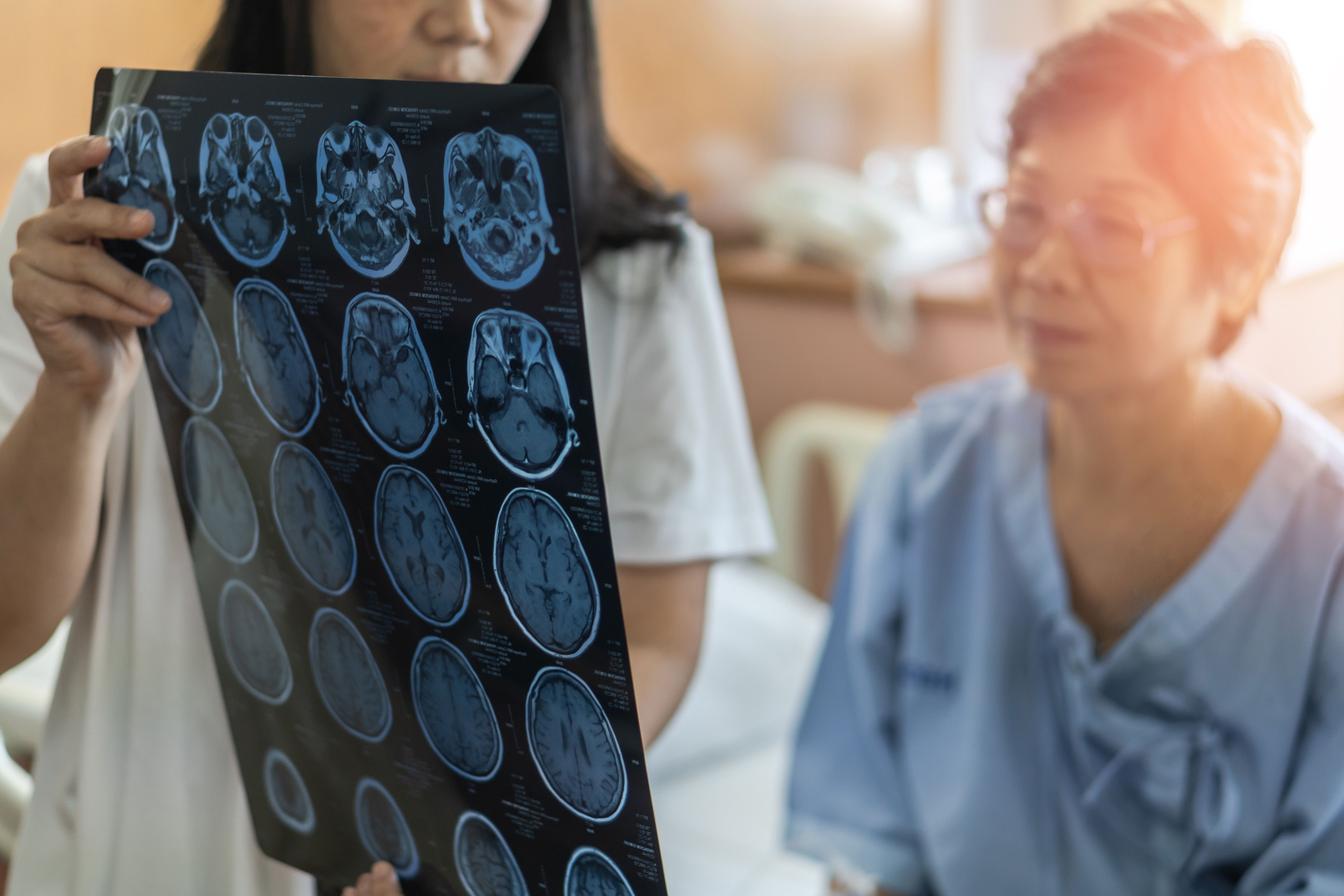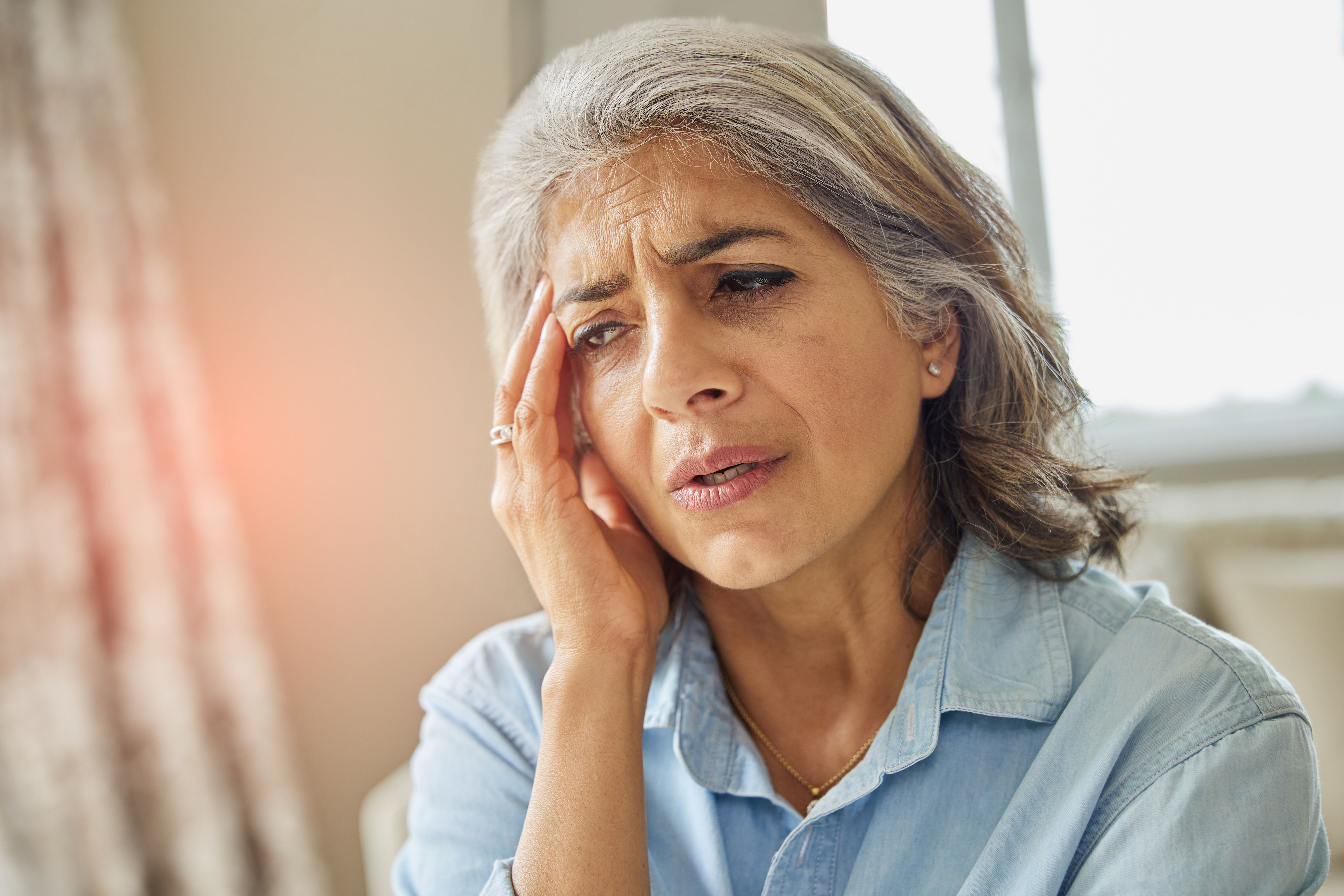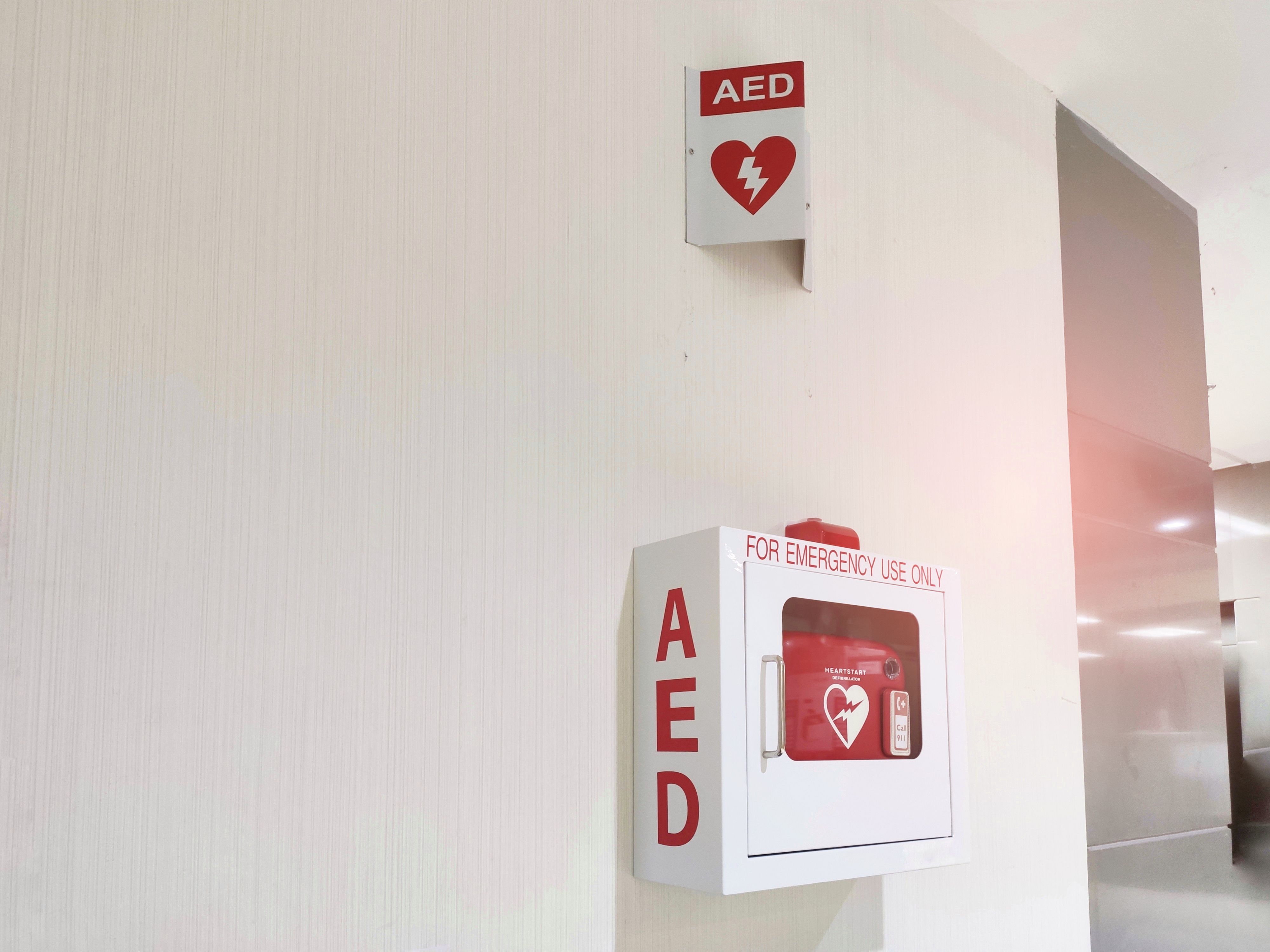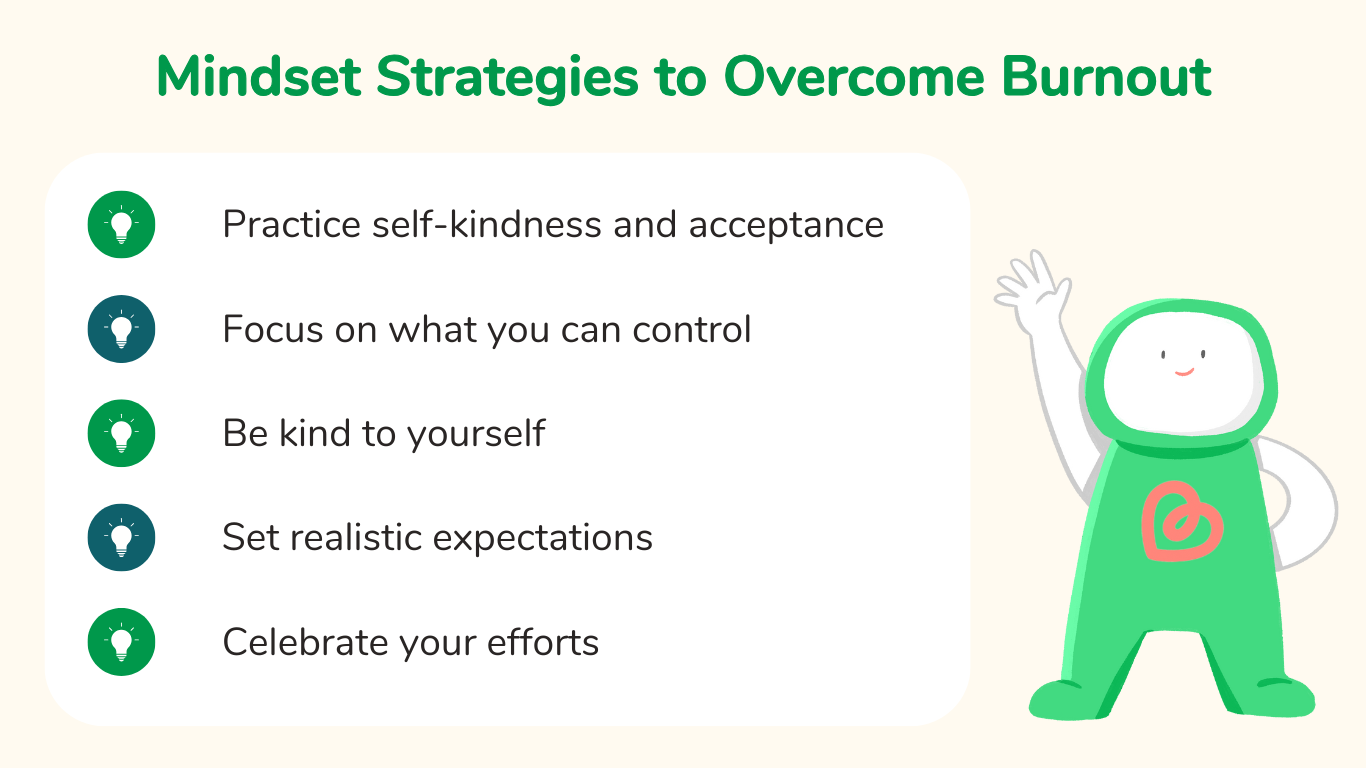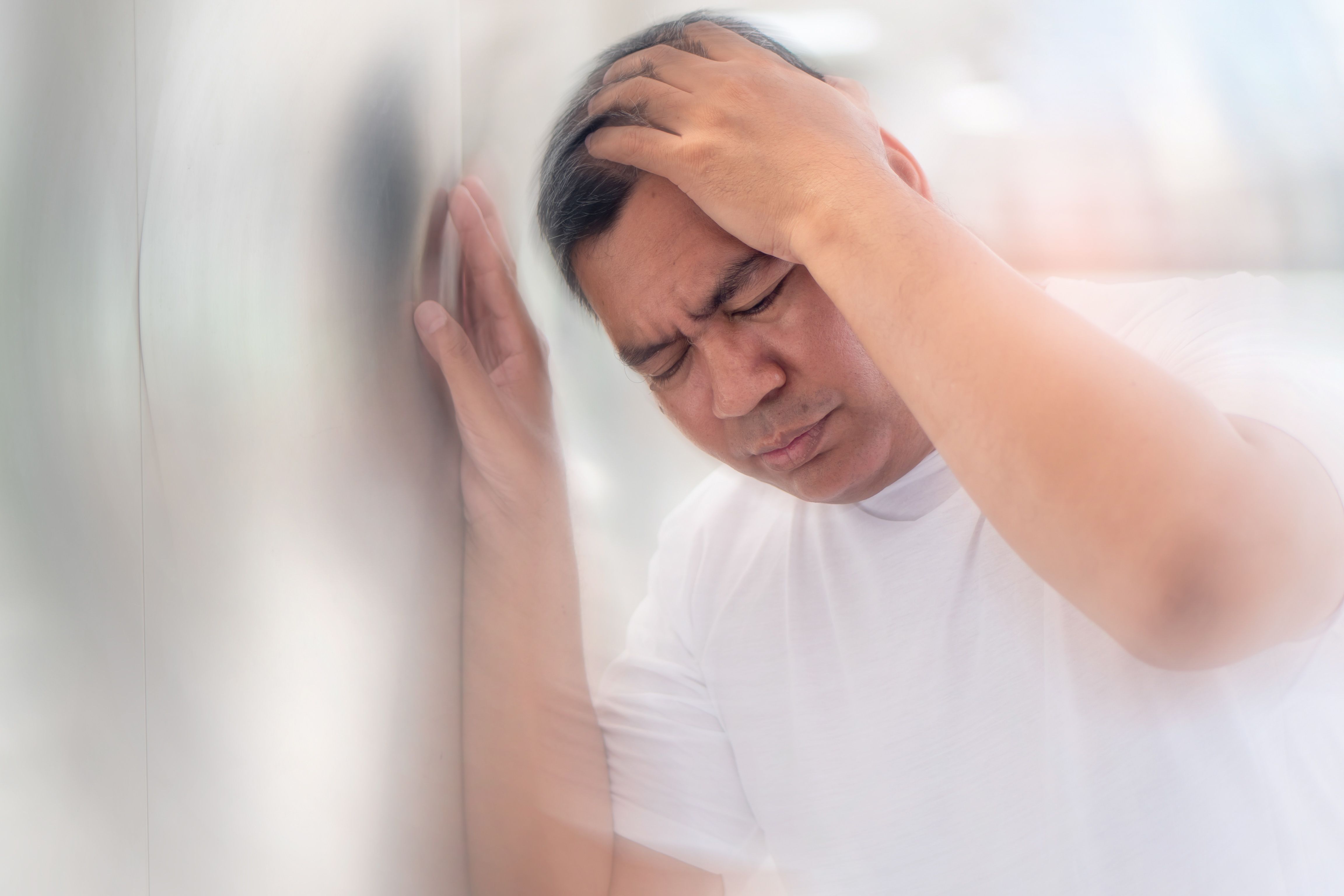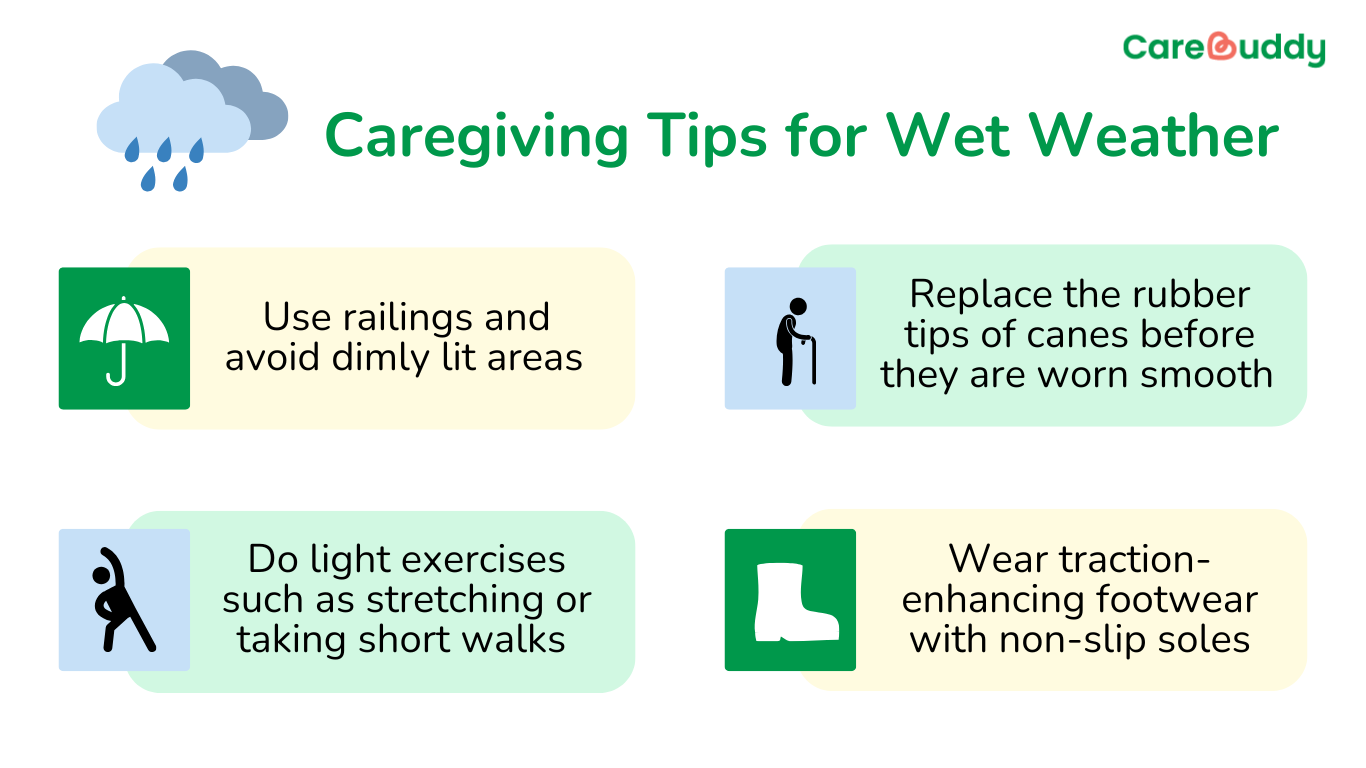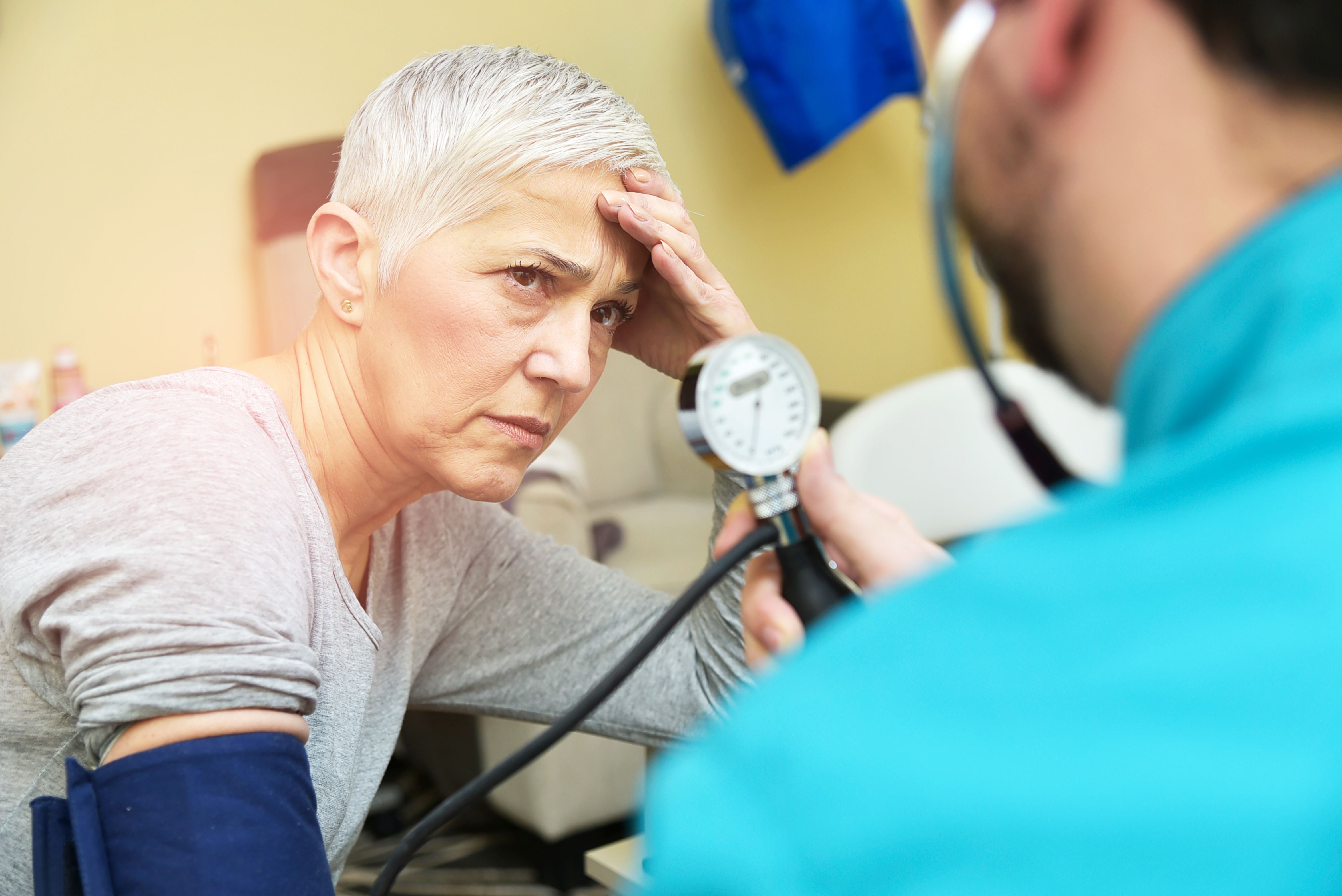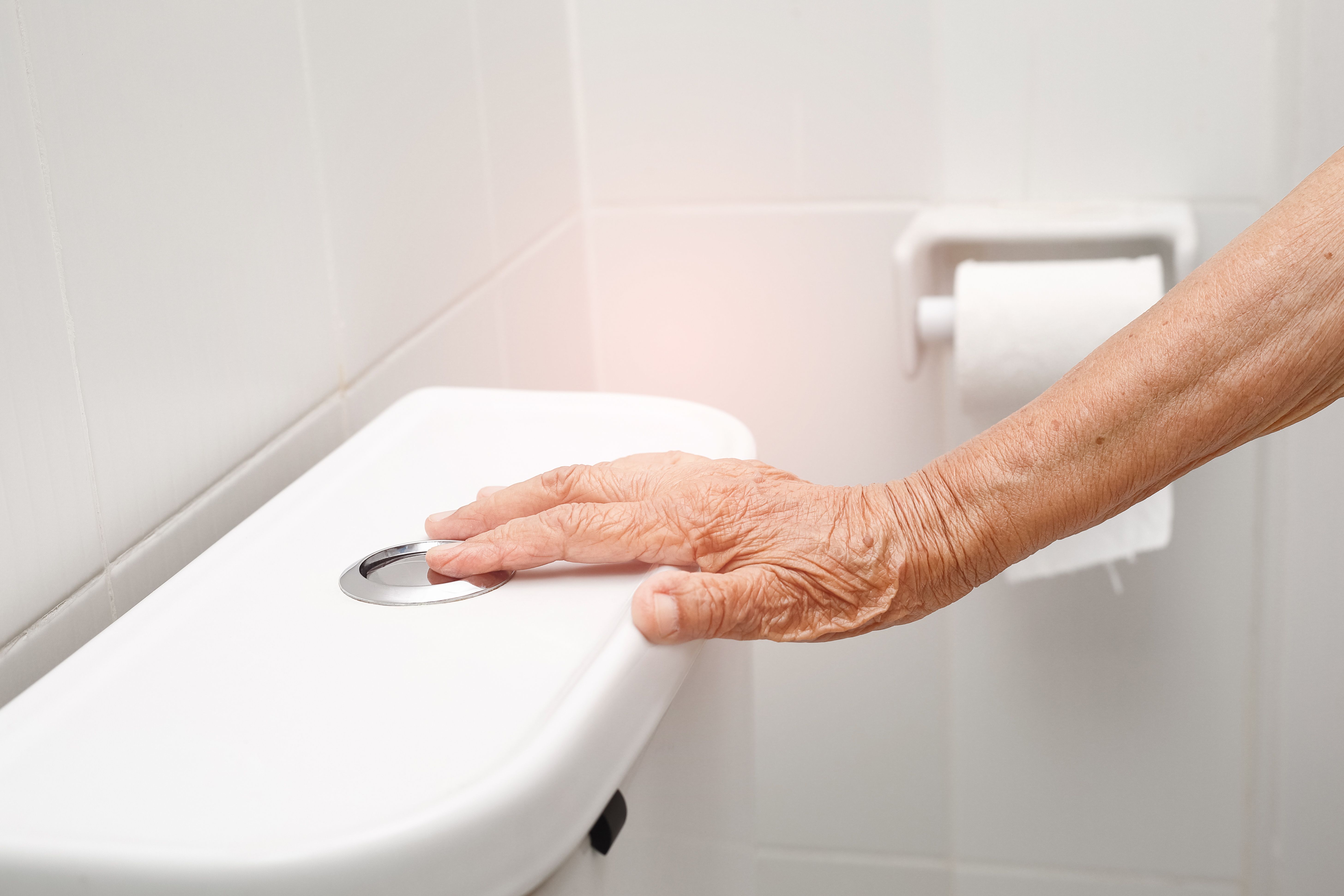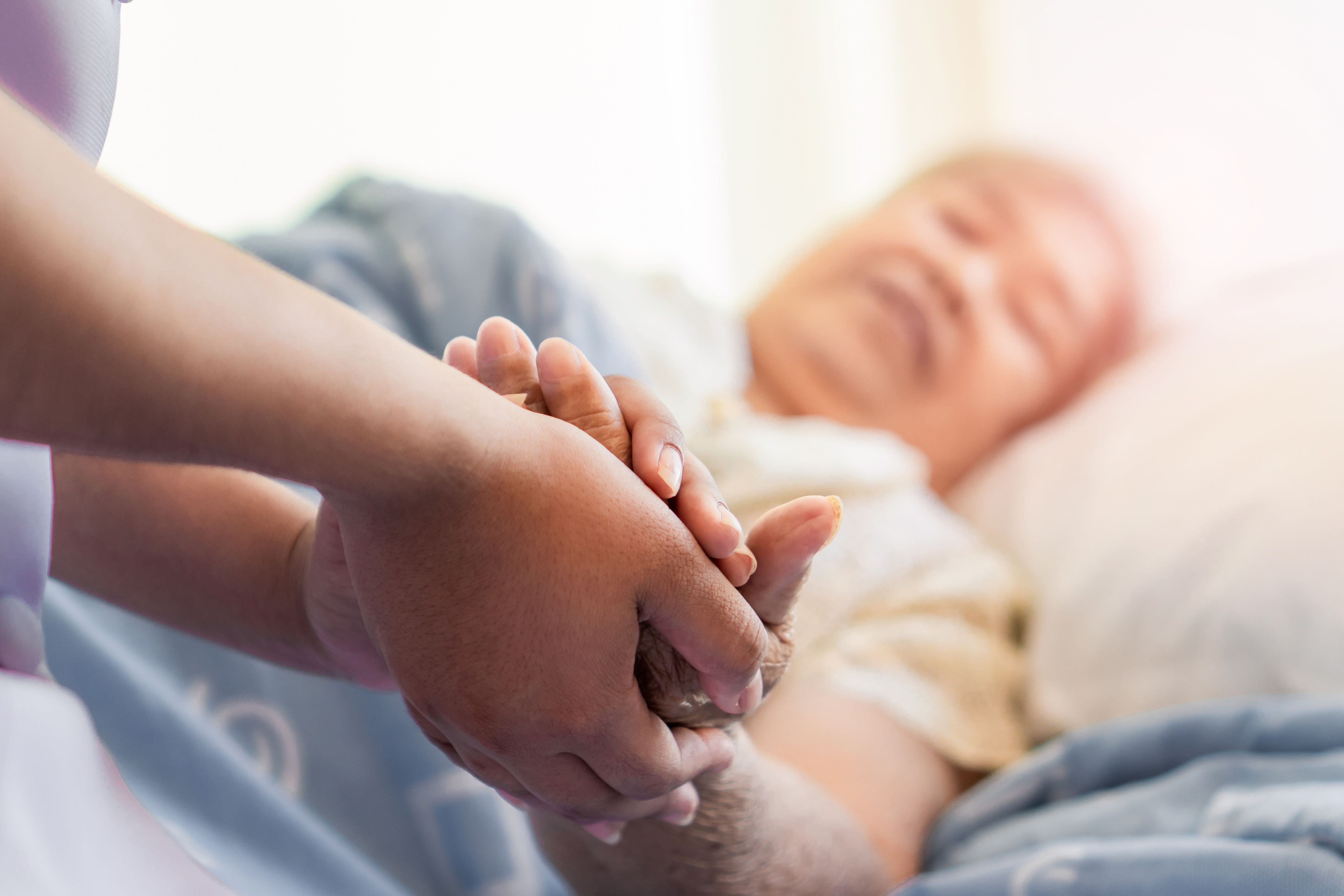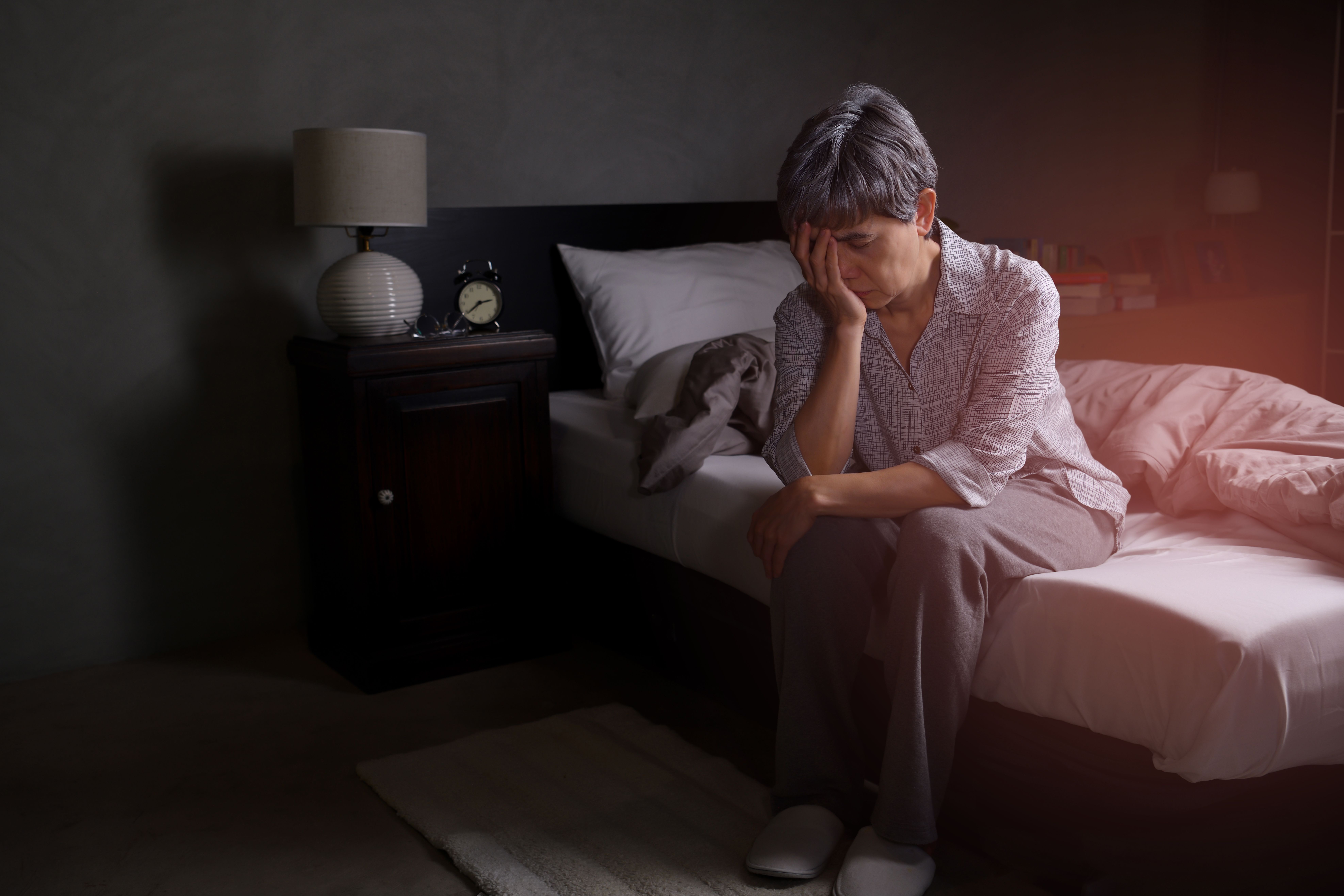Common mental health challenges and how to care for them
- CareBuddy
- 4 Mins Read
- 20 Sep 2022
- Mental Wellness

Whether we’re providing to care to someone recovering from an injury, a chronic injury sufferer or simply an elderly person, it’s not just the physical aspects we need to care for. Mental health is a big part of it. While mental health is a wide spectrum and you can never quite cover them all, let’s take a look at a few of the more common mental health issues.
Anxiety Disorders
This is not the usual anxiety we all face at various moments in our lives. This is about constant, intense and undue anxiety that becomes incapacitating. It’s about panic that interferes with day-to-day activities and makes it impossible to enjoy peace of mind.
Common symptoms include
- A constant feeling of danger or doom
- Trembling
- Heavy breathing
- Excessive sweating that cannot be explained by temperature, humidity or physical activity
- Difficulty sleeping
- Gastrointestinal problems
- Weakness and tiredness
- Difficulty concentrating
The first step would be to try to manage it through
- Breathing exercises
- Yoga
- Meditation
- Regular exercise
If that’s not helping, it might be time to consult a doctor or mental health specialist.
Find out more about anxiety disorders at [Read Article]
Depression
Depression can severely affect how a person feels every day, their self-esteem and their self-worth. The symptoms in each case depend on the severity of the depression (mild to severe) and include
- Feeling sad most of the time
- Loss of interest in activities previously passionate about
- Difficulty sleeping or sleeping too much
- Sudden gain or loss of appetite
- Suicidal thoughts
It takes professional mental health experts and doctors to treat depression. So, please consult a doctor or mental health specialist if you or your loved ones are showing symptoms of depression.
Find out more about depression at [Read Article]
Sleep Disorders
Sleep disorders are characterised by difficulty sleeping at night, which leads to sleepiness and tiredness throughout the day and therefore an overall inability to perform most activities during the day.
To overcome this,
- Reduce light and noise in your sleeping environment.
- Exercise more regularly.
- Try to stick to a regular sleep schedule.
- Consider medication that helps you sleep better.
- Explore different ambient temperatures and find one that helps you sleep better.
- If you suspect that stress and worries are causing you to sleep less, try counseling.
Find out more about sleep disorders at [Read Article]
Eating Disorders
Eating disorders are a range of unhealthy eating habits that can lead to weight gain, weight loss and other complications such as constipation, abdominal pain, cramps, dizziness and fainting.
Different types of eating disorders include
- Anorexia: Avoiding food completely or partially
- Binge-eating: Impulsive and excessive eating, often in response to stress
- Bulimia: A cycle of binge-eating followed by forced vomiting
Like any other mental health issue, it’s best to seek professional treatment from doctors and mental health practitioners.
Treatments include
- Nutritional counseling
- Psychological counseling
- Medication
Post-Traumatic Stress Disorder
When a care receiver is in the process of recovering from injury, illness or any other trauma, it’s common that they have Post-Traumatic Stress Disorder.
Symptoms include
- Distressing dreams or flashes of memory of the traumatic event.
- Avoiding anything that reminds them of the traumatic event.
- Extreme bad moods that include feelings of anger, horror, fear, guilt and self-blame.
Treatments often considered by mental health experts include psychotherapy and medication.
Dementia
Dementia is a progressive worsening of memory and cognitive abilities, most commonly seen in adults over the age of 65, though early onset dementia of younger people also exists.
Symptoms include
- Memory loss
- Difficulty in communication
- Problems recognising familiar faces, places or items
- Worsening of problem-solving abilities and increasing disorganisation
- Problems with daily activities such as dressing and using utensils
- Other mental health issues like depression, anxiety and sleep problems
There isn’t really a cure for dementia. The best thing is for the affected person to be in the constant presence of a caregiver who helps them remember names, faces, events etc. and manage their day-to-day life, finances and medical appointments. This will become increasingly important as dementia progresses to more advanced stages.
Find out more about dementia at [Read Article]
This is not the full list of possible mental health issues a care receiver might face. The full spectrum of mental health issues is limited only by the full diversity of 7 billion people in the world. If you suspect that you or a loved one could be experiencing any mental health issue, please seek professional help from a doctor or mental health expert as soon as possible.


